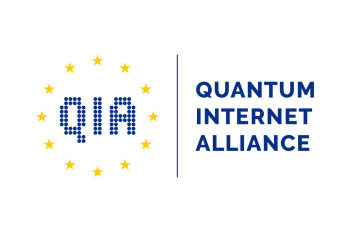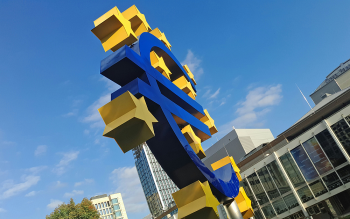Over the last year, the QTEdu CSA of the Quantum Flagship conducted a Delphi study to understand the needs and concerns of the Quantum Community, the desirable competencies and skills of future quantum workforce. The aim of the survey is to create and establish a unified competence framework on quantum technologies.
The study was based on the Delphi method, a technique that uses an iterative process of surveys influenced by the results of the previous survey to collect expert opinions and predictions.
After 3 rounds of surveys (a pilot and two main rounds) over this period of time, the team has been able to conclude the study with the collection of data from almost 190 participants.
Participants were asked to answer questions on three main topics: First, a few questions about the professional background of those answering the survey, then a couple of questions in reference to the Quantum Workforce and, finally, several questions regarding Quantum Technologies.
From the Delphi study, the team of evaluators observed that the the term Quantum Awareness was used to describe the basic understanding of quantum technologies that future professionals should have. This definition was also included in the pilot round, although it was criticised by several participants because of its possible direct association with the word “esotericism”.
Therefore, as part of the first main round survey, participants were asked whether the word/term should be kept or modified, resulting in 29 participants voting to keep it and 29 suggesting alternatives. For the second-round survey, these terms mentioned more than once in the first round were included and set to vote by participants.
In the second main round, it was found that the term “Quantum Literacy” was favoured with about a third of the votes, ahead of “Quantum Knowledge” or “Quantum Technology Awareness”. Only a small number of participants were in favour of maintaining the word “Quantum Awareness”, while “Quantum Readiness” was discarded by the majority.
The Delphi study also surveyed predictions on the future relevance of quantum technologies. In the pilot round, a significant increase in relevance was predicted, especially for industry. This response triggered more in-depth questions for the second round, centered more on the individual technology areas.
The following conclusions were drawn from the first main round: Quantum computing is not initially assessed to be that relevant, but in the long term it is; this is where the biggest expected shift is. While the focus in the near future is expected to be in the areas of sensing/metrology, communication and enabling technologies, the simulation area is catching up in the long term, and computing is even, together with communication, most frequently rated as very important in the long term.
In May 2021, the QTEdu consortium published the first version of th European Competence Framework for Quantum Technologies. The competence framework aims at mapping the landscape of competences and skills in Quantum Technologies, which consists of seven main fields of knowledge and a section dedicated to skills training:
A beta version of the framework was created using the results of the first main round of the Delphi study and revised mainly through expert interviews to compile version 1. While the version 1 presents an overview of what can be learned, the plan for the next version is to also include the different proficiency levels that can be reached when learning each competence and skill within the field of Quantum Technologies.
For more information about the Competence Framework, visit QTEdu.



